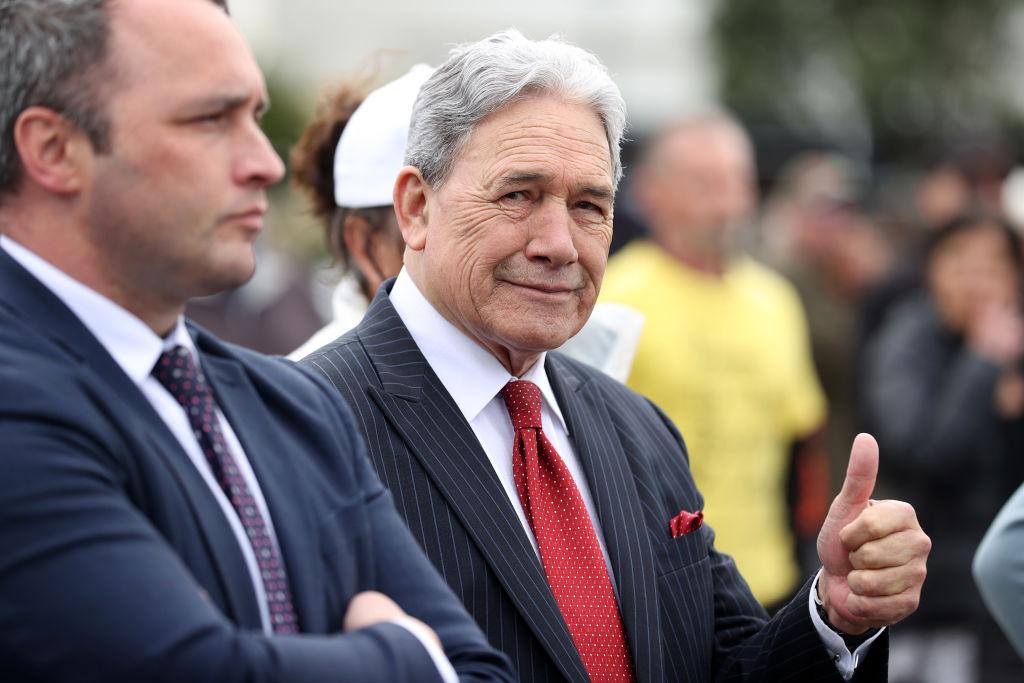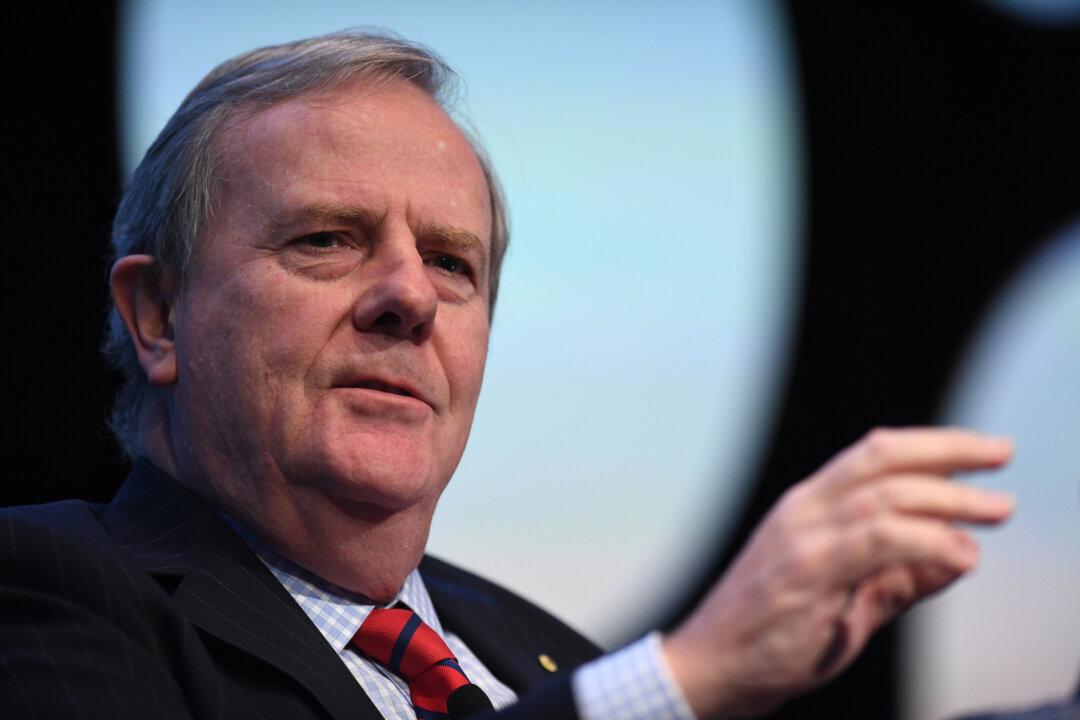NZ First leader and Deputy Prime Minister Winston Peters has taken a swipe at what he says are “overly influential bureaucratic processes” which may signal the end of the New Zealand leg of the Sail GP.
SailGP is a global sailing championship that features some of the world’s best sailors competing in high-speed, high-performance F50 catamarans. The event was created by New Zealand-born Olympic Gold Medallist sailor Sir Russell Coutts, who now serves as its chief executive.





